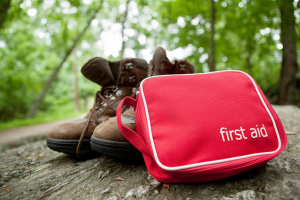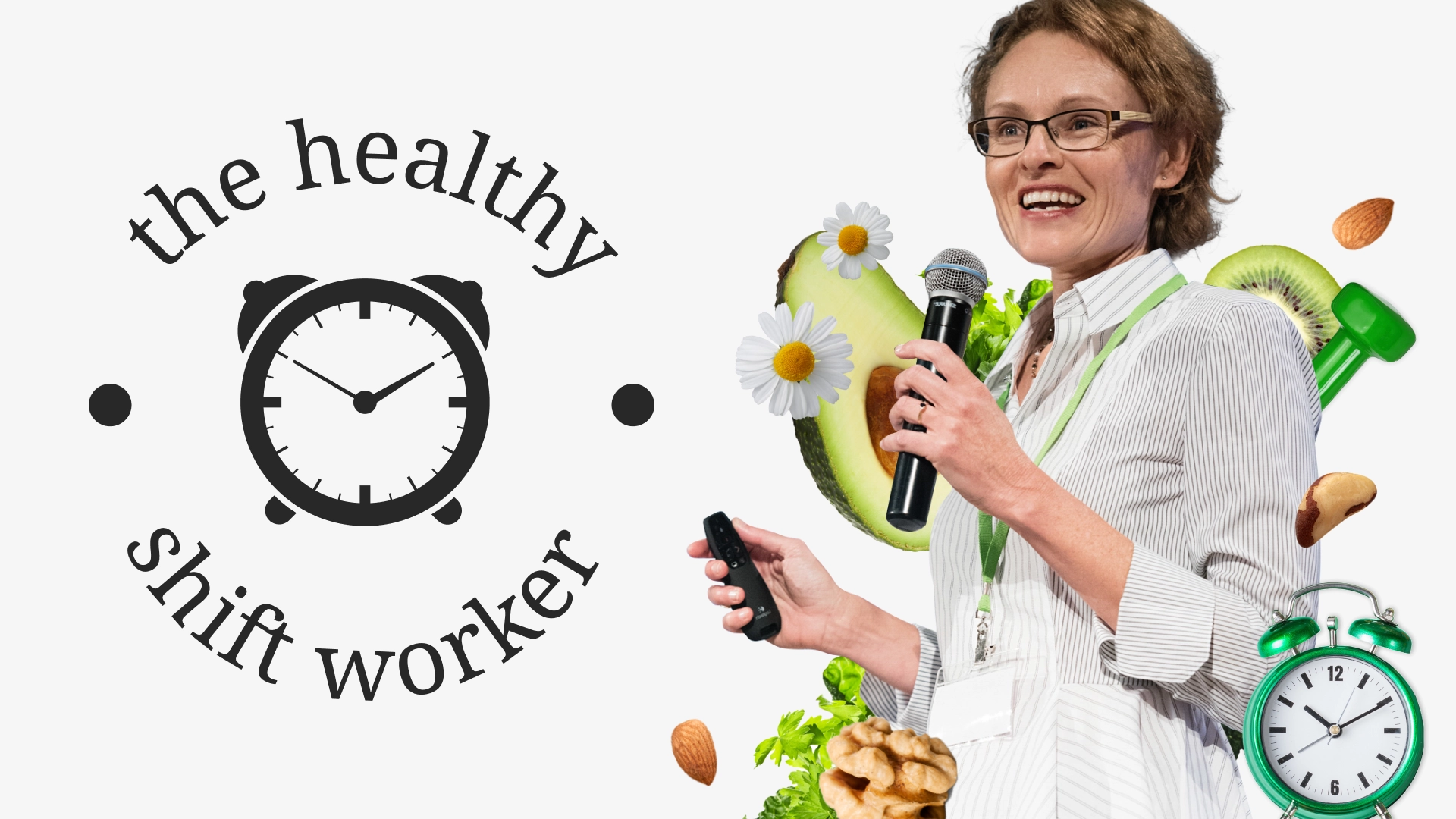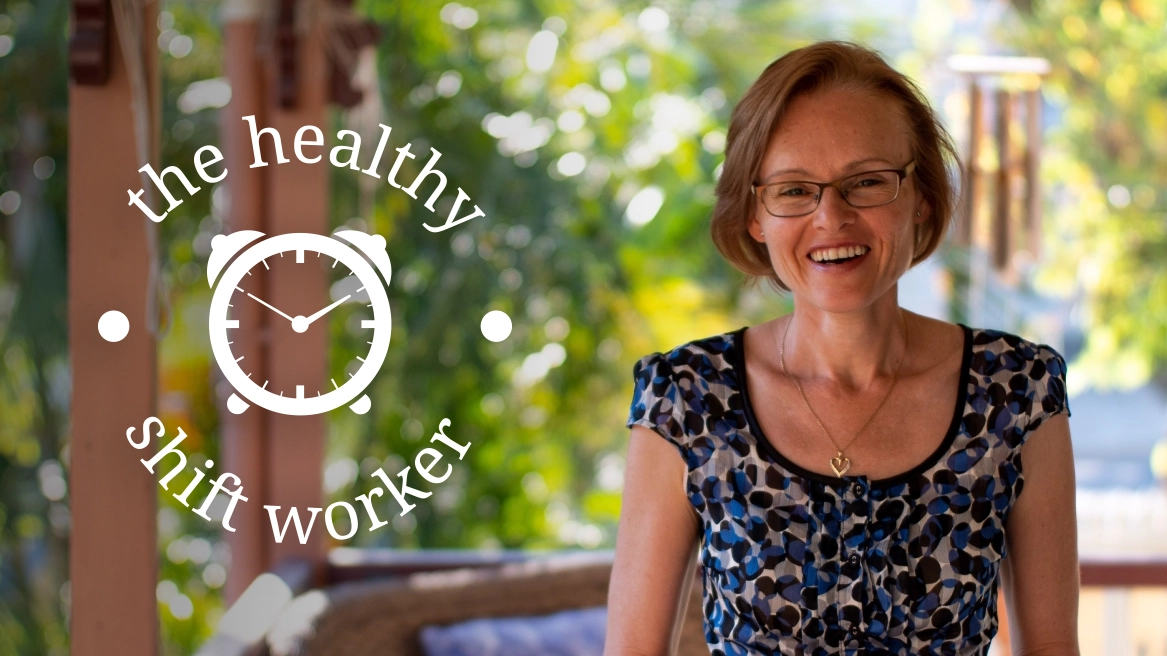 If you were near a television, radio or just surfing the internet yesterday you would have definitely heard about the recent shark attack in South Africa on Australian surfing champion Mick Fanning.
If you were near a television, radio or just surfing the internet yesterday you would have definitely heard about the recent shark attack in South Africa on Australian surfing champion Mick Fanning.
Like most of us around the world, as we watched the terrifying footage unfold on the screen, you couldn’t help but think how incredibly lucky he was. To come that close to a great white shark – one of the world’s most deadly sharks and walk away without a scratch is nothing short of a miracle.
And it got me thinking.
As it just so happened, I was attending a First Aid course yesterday renewing my certification, a requirement for my University course next semester.
And as I sat there listening to my First Aid Trainer go through some of the various scenarios which would warrant the need for first aid, it made me think more deeply how in life – so many things can go wrong.
As we all know – accidents can happen anywhere and at any time.
We can simply be in the wrong place at the wrong time
As was the case yesterday for Mick Fanning.
Of course certain events can cause a variety of injuries. They may be something minor such as a first degree burn or an allergic reaction, to something more life threatening as in the case of a car accident, or a near drowning at the beach.
Whether these events are preventable or not, we can inadvertently end up being a casualty of them ourselves – whether we like it or not.
And whilst I don’t wish this upon anyone, there may be times when we need basic emergency life support, to be given CPR, or perhaps even a shot of anti-venom if bitten by a deadly snake which can often be the case here in Australia!
But what about all the preventable stuff?
What about all of those things which are lifestyle induced but can cause us sickness, ill-health or even death. Those diseases that are brought on by a poor lifestyle – lack of sleep, exercise, a poor diet, smoking, alcoholic abuse etc. These include heart attacks, obesity, type II diabetes, and gastrointestinal diseases to name a few.
Because the scientific research pinpoints shift workers are at a high risk of developing these types of conditions thanks to our chronic sleep deprived lifestyle.
However as Dr Carmel Harrington points out in her book ‘The Sleep Diet’, association does not mean causation. Whilst there can be a myriad of factors, just because a person sleeps less doesn’t mean that it’s the cause of their weight gain or obesity.
In most cases there are many other factors involved such as:
- Being so exhausted that we’re less likely to be organised. This makes us more likely to choose high sugared and highly refined carbohydrates as a way to satisfy our hunger.
- Being so tired that we’re less likely to undertake regular exercise.
- Being awake more so more likely to eat more.
- Feeling so burnt out that it impairs our cognitive function thereby increasing our likelihood of making poor decisions.
- Having no energy or willpower to look after ourselves properly.
Our haphazard rosters undeniably make it much harder (and more likely that we will set ourselves up for developing chronic disease), but that’s even more reason as to why we need to take care of ourselves.
By making ourselves more resilient , by nurturing our immune system with an array of nourishing whole foods, undertaking regular exercise and allowing our bodies the chance to rest and recover whenever we possibly can.
At the end of the day, whilst we may not be able to prevent certain accidents from happening to us (such as a shark attack or a snake bite), we can certainly implement simple actions into our daily lives that will go a long way in helping to prevent ourselves from developing one of these chronic disease later in life – and that is definitely a good thing.



0 Comments